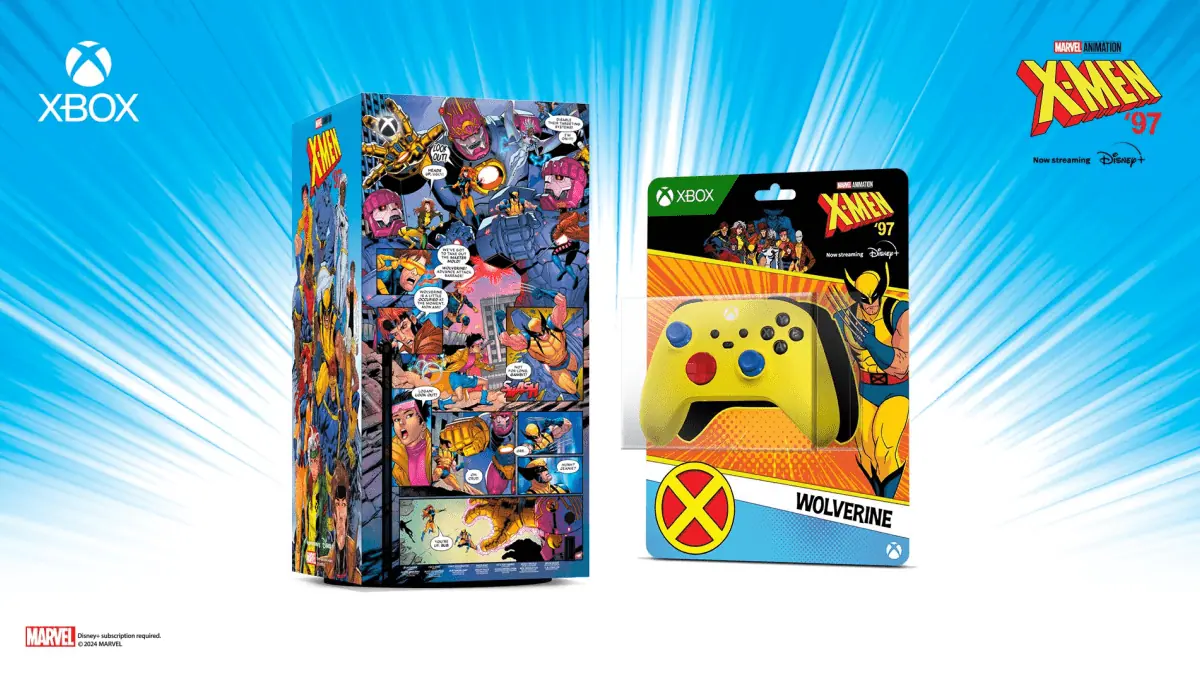Google Stadia head doesn't think data caps will be an issue
3 min. read
Published on
Read our disclosure page to find out how can you help MSPoweruser sustain the editorial team Read more

With the bandwidth hungry platform that Google Stadia is going to be, many US consumers are worried about the rampant data caps that tie down their internet services.
In an interview with GameSpot, Google’s Vice President Phil Harrison stated that he didn’t think data caps would be an issue for US consumers.
“Data caps [are] not a universal challenge,” Harrison said.
“The ISPs have a strong history of staying ahead of consumer trend and if you look at the history of data caps in those small number of markets–and it’s actually a relatively small number of markets that have [data caps]–the trend over time, when music streaming and download became popular, especially in the early days when it was not necessarily legitimate, data caps moved up. Then with the evolution of TV and film streaming, data caps moved up, and we expect that will continue to be the case.”
Of course, Stadia’s form of streaming won’t just be limited to its Chromecast-exclusive launch. The prime grab of Stadia streaming will be the ability to stream games directly to your phone on the go via mobile cellular data. But many are wondering how.
Harrison states that mobile networks are quickly adapting with the quickly approaching dream of 5G in most major cities.
“There’s a very interesting additional dynamic happening in the internet market, which is the evolution of 5G, particularly in what’s called fixed wireless, which is not necessarily running 5G on your phone but as a way of bringing 5G into your home. All of the 5G fixed wireless businesses that are up now that I’m aware of have no data caps and are very very high performance, so that’s introducing a competitive dynamic. $50 a month. That’s what Verizon fixed wireless costs is for minimum 300mb/s and up to a gigabit. It’s pretty good value to me.”
It also helps that on a smaller screen like a smartphone, drops in resolution won’t be as noticable as on a big TV. Those who have already tried mobile streaming services such as GeForce Now for the Shield tablet will notice that lower bitrate video on such devices isn’t horrendous as long as the input lag is kept to a minimum.
Harrison is certainly aware of this, noting the inevitable drop in internet speeds over time, but he also states that Stadia won’t always need 35mb/s for 4K/60 gaming.
“I’ve seen the math calculations that people have done. If you take 35mb/s, it’s not always 35mb/s because we use compression. There will be sometimes when actually it’s using significantly less data than that, so it’s not correct to multiply 35 mbp/s by the number of seconds that you play.”







